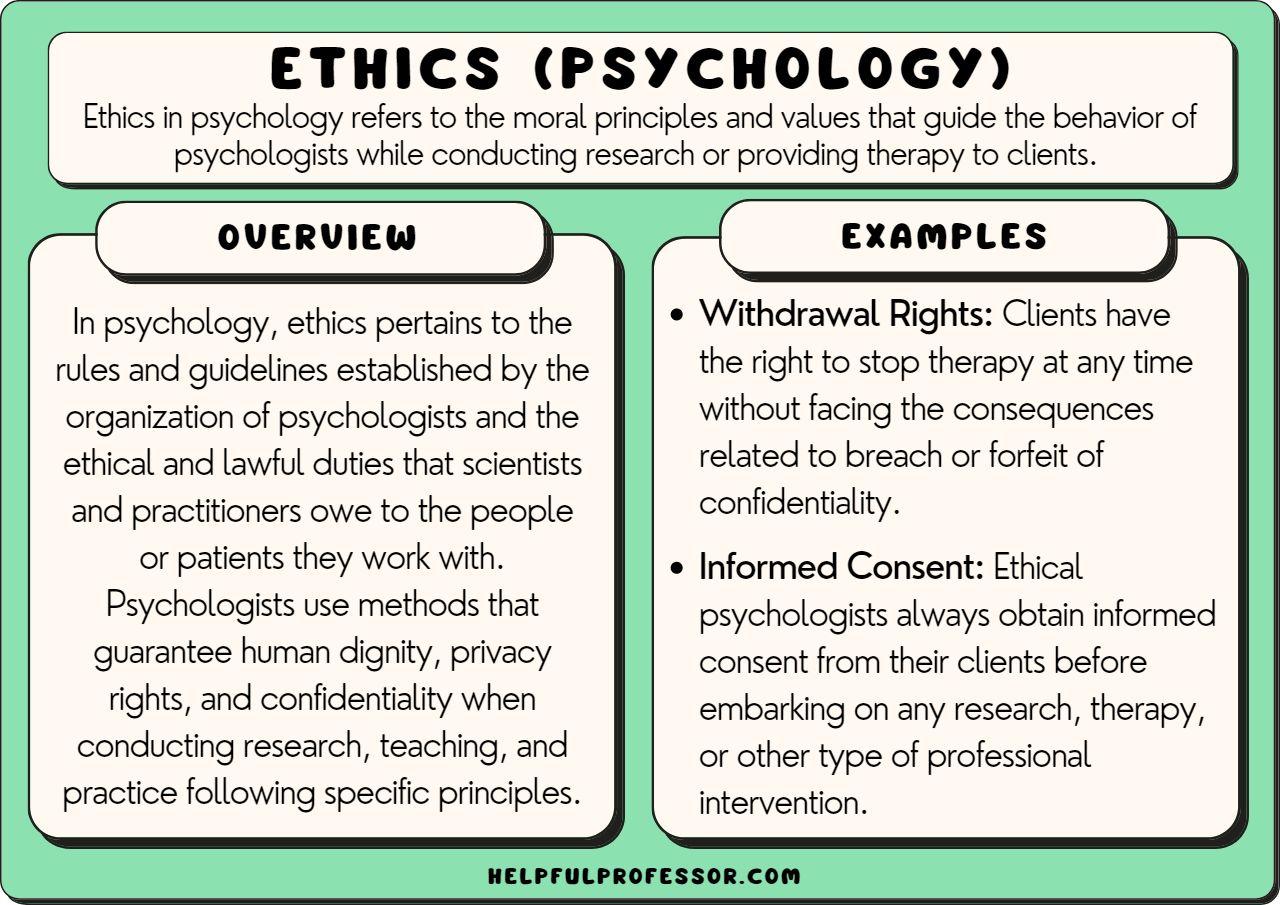Developing a Therapy Office Complete Guide
Developing a Therapy Office Complete Guide
Blog Article
Benefits of Starting a Psychology Office
Opening a psychology practice offers flexibility that many mental health professionals desire. Instead of working under someone else’s rules, you can choose your clients.
Over time, your client base can expand through referrals and reputation, providing long-term stability.
Another reason to start your own psychology office is the ability to design an environment that aligns with your values. You can choose decor, therapy tools, and resources that reflect your philosophy.
What’s the Investment for a Psychology Practice
For a home-based or online practice, initial expenses may be lower, focusing mainly on software.
Key expenses include office furniture. You’ll also need to budget for branding.
As your psychology practice grows, reinvesting profits into better resources ensures gradual expansion without debt.

Starting a Psychology Office at Home
Decorate the space to feel welcoming and professional, using soft lighting.
You might need a business license even if operating from home.
Consider a separate phone line for professional calls.
Starting a Cognitive Behavioral Therapy Office
A cognitive-focused office benefits from flip charts to engage clients in cognitive restructuring exercises.
Offering specialized services like CBT for depression can help differentiate your practice in the market.
Use website content, blogs, and presentations to educate potential clients on CBT’s benefits.
Starting a Virtual Therapy Office
Invest in a professional website with online booking and payment integration.
Legal and ethical considerations include checking licensure laws for providing therapy across state or country borders.
Marketing an online practice may focus on SEO-optimized content, social media, and online directories.

Starting a Social Psychology Consulting Office
Choose an office space accessible to underserved populations, possibly within a community center or shared facility.
Grant funding or sponsorships may help cover costs if offering low-fee or free services for marginalized communities.
Marketing a social psychology practice involves building trust within the community.
How to Set Up a Successful Psychology Practice
A successful psychology practice balances clinical excellence with business strategy. Beyond clinical skills, you’ll need to manage client retention.
Investing in professional branding, an informative website, and visible online presence helps establish authority.
Delegating administrative tasks allows more focus on therapy work and reduces burnout.
Final Thoughts on Starting a Psychology Office
Whether you choose a social outreach project, the process requires careful planning and commitment.
Continuous learning and adaptation keep your services relevant and impactful over time.
montar um consultório de psicologia With passion, saiba aqui perseverance, and ethical care, your psychology practice can grow into a meaningful and rewarding endeavor.
Frequently Asked Questions for New Psychologists
How much does it cost to open a psychology practice?
The cost ranges widely depending on location, size, and services. On average, setting up a small office may cost between $5,000 and $20,000, covering furniture, licenses, insurance, and marketing.
Can I open a psychology practice at home?
You may need a home business permit, soundproofing for confidentiality, and professional liability insurance.
Do I need special software for an online psychology practice?
Running an online practice requires secure, HIPAA-compliant video platforms and electronic records systems.
How can I attract clients to my psychology practice?
Effective strategies include networking with other professionals, listing in therapy directories, creating a website, and offering workshops.
Should I write a business plan before opening my office?
A solid plan guides decision-making and increases chances of long-term success in your psychology practice.
Report this page